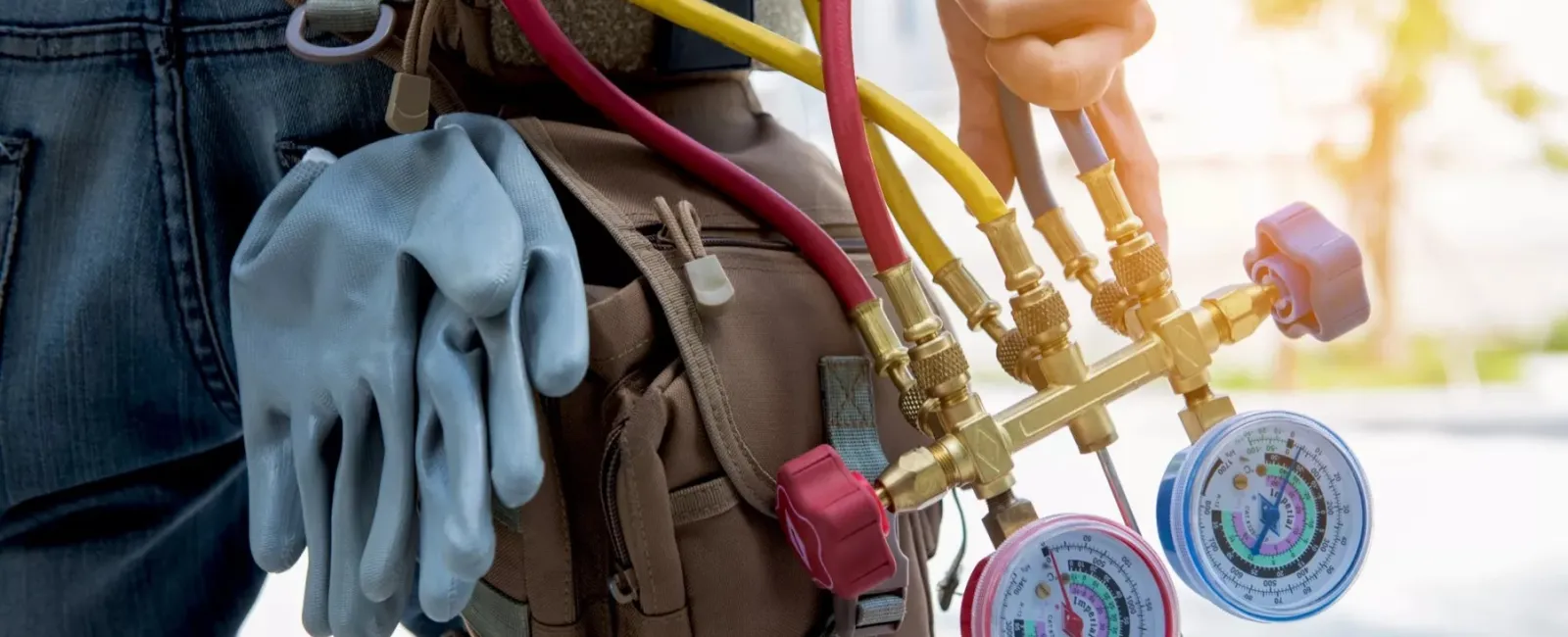
Severe weather always carries with it some risk of damage to personal property, and thunderstorms are no different. Thunderstorms, also referred to as electrical storms, are particularly troublesome when it comes to your home's electrical appliances. The average lightning strike creates a surge of energy (roughly 30,000 amperes) that is powerful enough to destroy electronic technology within the home.
Modern HVAC appliances depend on a steady supply of electricity to function. In fact, they incorporate as much or more electricity as your TV or computer. Be prepared for the season's thunderstorms by protecting your system with the following tips.
Preventing Electrical Damage
Suppression equipment can protect your entire home from electrical surges caused by thunderstorms. You can either install a general surge protector at the main electrical panel, or you can install an individual suppressor at your outdoor unit.
If you experience frequent power outages due to inclimate weather, a permanent generator may be worth installing. Generators maintain a steady supply of power to the HVAC unit and other electrical systems through the home's natural gas supply should the electrical grid power be interrupted by a storm.
Preventing Water Damage
You can protect your outdoor unit by first making sure that it is installed on a concrete pad that is level or higher than surrounding ground level. A canvas cover, preferably water proof, can be fitted over the cabinet to keep excessive rain from flooding the system. Clear away encroaching vegetation or debris to ensure proper drainage away from the unit.
Preventing Physical Damage
Lightning and rain aren't the only present dangers to your HVAC unit in a thunderstorm: wind and hail can damage your HVAC unit as well. It's always a safe idea to remove children's toys, secure patio furniture and grills, and clean up any loose objects that could become projectiles in high wind conditions. Not only can these become a danger to people and property, they can also damage vulnerable condenser coils in your outdoor AC unit.
Consider adding hail guards to shield outdoor condenser coil fins from damage. Your AC repair technician can install them over the coil vent opening if the unit's standard grille doesn't offer enough protection.
The next time a thunderstorm hits, you can relax and be assured that your HVAC unit is safe from physical damage. Contact the experts at Stahl Plumbing if you have any questions or concerns about weatherproofing your HVAC components. As Pittsburgh's leaders in quality plumbing and HVAC service, we're happy to help you get started!
Image courtesy of Creative Commons

